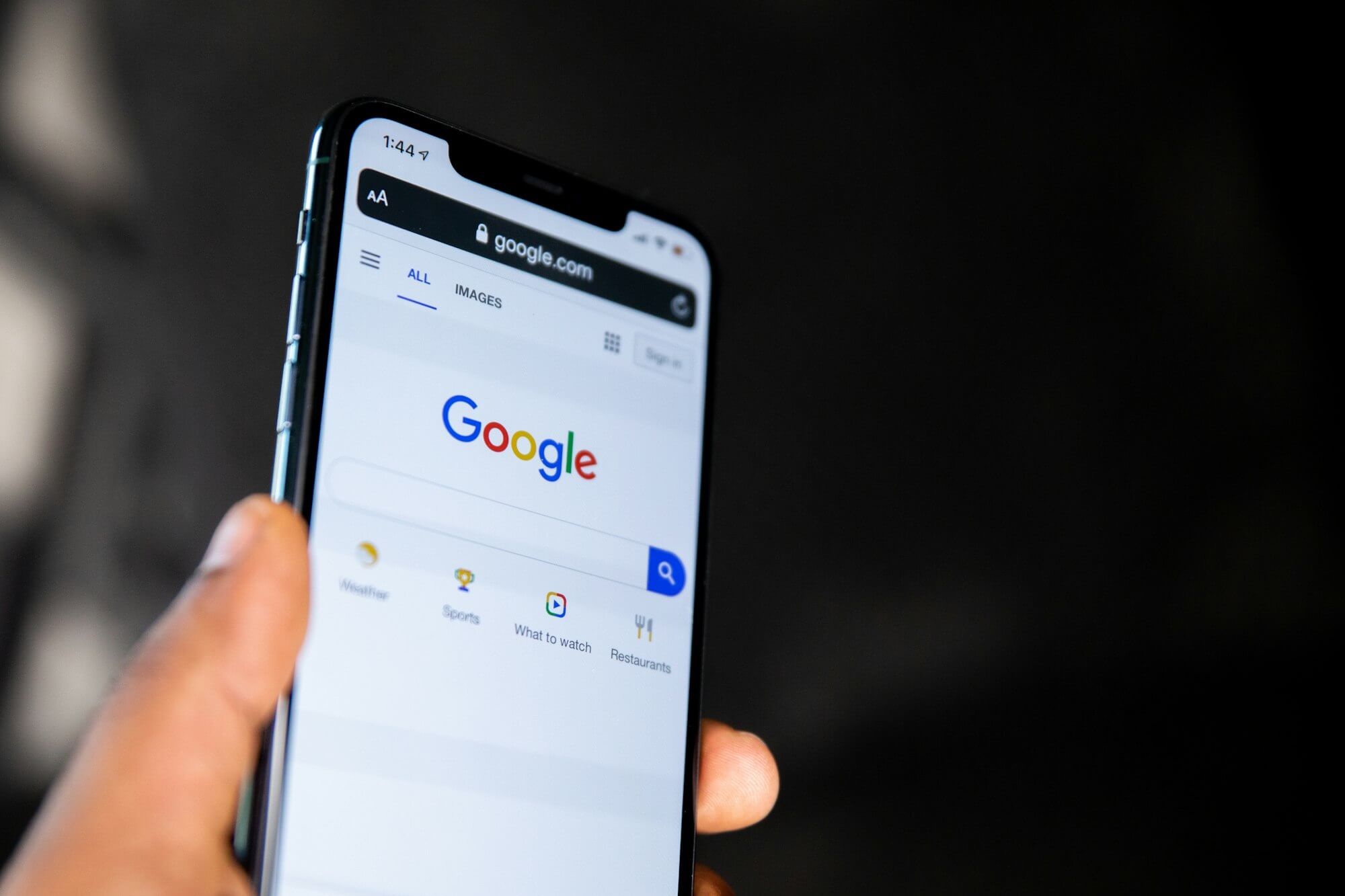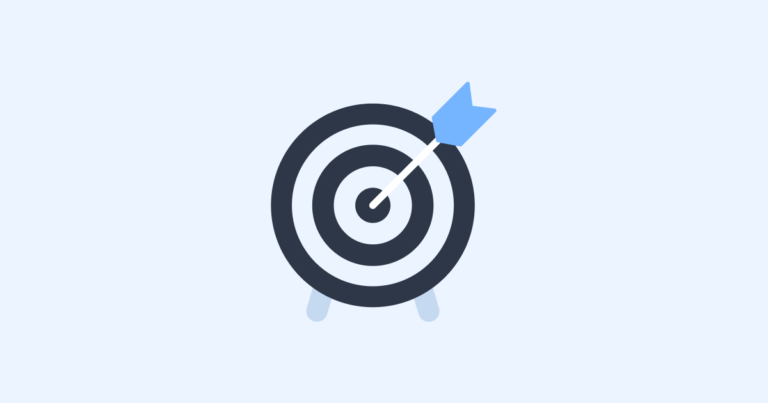AI-generated content is writing that is algorithmically created, rather than human-written. It has gained immense popularity in recent years and can be employed for diverse purposes including marketing, blogging, and even academic research.
Nonetheless, the legal implications of AI-generated content have sparked concerns, particularly about plagiarism. The question that arises is - Whether or not this content can be categorized as plagiarism.
💡Plagiarism is defined as the unacknowledged use of another person’s ideas or words without giving them credit.
In other words, it involves taking someone else’s work and presenting it as your own without citing the source. Plagiarism is illegal in most areas, and there are severe penalties for engaging in this activity.
Regarding AI-generated content, most experts agree that it is unlikely to be considered plagiarism in its current form.
This is because an algorithm's output does not require original thought or creativity from the writer; instead, it utilizes existing data to produce something new.
Hence, since AI-generated content does not involve "borrowing" another person's work, it is unlikely to be viewed as plagiarism.
Despite the widespread agreement among experts, there exist some potential issues that need to be taken into account while choosing the type of writing to use, especially when it comes to AI-generated content.
For instance, since a lot of AI-generated content is created based on pre-existing data sources, it may contain inaccurate information or present outdated facts.
Besides, if an AI-generated piece contains significant portions of copied text from another source without attributing or seeking permission from the author(s), it could still be considered plagiarism.
While AI-generated content may not usually be considered plagiarism by most definitions, it is still important for individuals who use such material to exercise caution and take the necessary steps to ensure that the content is accurate and that they do not infringe on any copyrights.
💡Today, artificial intelligence (AI) is transforming our lives more than ever before. One of the ways AI is being used is in the creation of content. AI-generated content can come in many forms such as text, audio, and video.
Here are 5 Reasons AI-generated content is legal and fair to use as long as you create compelling content unique to your writing style;
1. Originality:
The key factor needed for copyright protection is originality. For something to be considered “original” it must differ from other existing works. And since AI algorithms produce unique outputs that have not been seen before, these works can be considered original enough to qualify for copyright protection.
2. Infringement:
For someone to be found guilty of copyright infringement they must have copied a protected work either directly or indirectly. However, with AI-generated content, this isn't the case because the output was not copied from any existing work but instead created by an algorithm.
3. Fair Use:
When using copyrighted material commercially, it must fall under one of the fair use exceptions set out by law such as parody or educational purposes. This means that if an AI were used to create a parody of a copyrighted work it would likely be considered fair use and therefore not subject to infringement.
4. Creative Commons Licenses:
Creative Commons licenses offer creators a way to share their works while still retaining some control over how they’re used and distributed.
With Creative Commons licenses, creators can allow others to modify their work or even make money off its sale with proper attribution which makes them suitable for use with AI-generated works.
5 . Copyright Laws:
Copyright laws provide creators with exclusive rights to certain types of creative works such as literary works and music compositions which include computer programs such as those used by AI systems when creating content. As long as creators abide by these laws then their creations should remain legally protected.
Conclusion
Although there are some legitimate concerns surrounding the legality of AI-generated content, it is largely seen as legal when taking into account copyright laws and fair-use exceptions.
Creative Commons licenses also provide another avenue for creators wishing to share their work while still maintaining some control over its utilization.



